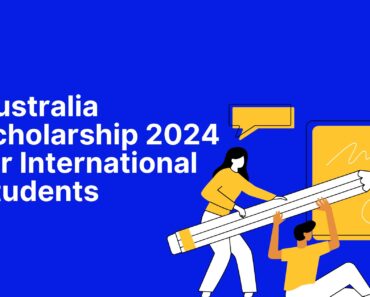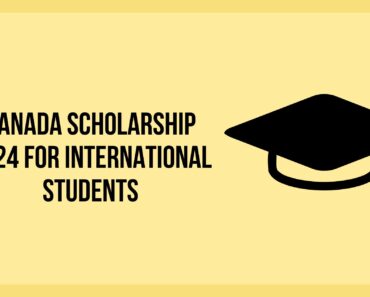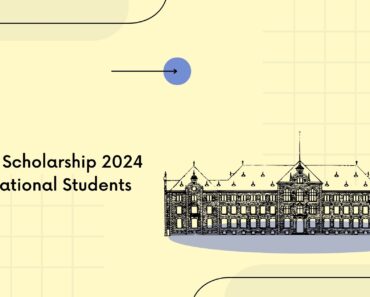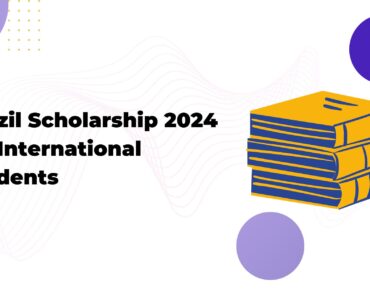Introduction
The New Zealand government has made higher education more accessible for international students by offering several scholarships for the year 2024 without the requirement of IELTS. This is a fantastic opportunity for students seeking quality education in a beautiful and culturally rich country. In this article, we will discuss the various scholarship programs, their eligibility criteria, and the application process, enabling you to take full advantage of these opportunities.
- Understanding New Zealand’s Education System
New Zealand is globally recognized for its high-quality education system, offering a broad range of programs at various levels, including undergraduate, postgraduate, and doctoral. The country’s universities are consistently ranked among the top institutions worldwide, and their focus on research, innovation, and practical experience ensures that graduates are well-equipped for their future careers.
- Importance of IELTS
The International English Language Testing System (IELTS) is a standardized test that assesses a candidate’s English language proficiency. It is often required for admission to universities in English-speaking countries, including New Zealand. However, the New Zealand government has decided to waive the IELTS requirement for some scholarships, making it easier for international students to access quality education.
- Scholarship Programs Without IELTS
Below is an overview of the New Zealand scholarship programs that do not require IELTS for international students in 2024:
a) New Zealand ASEAN Scholar Awards (NZAS)
The NZAS program aims to strengthen ties between New Zealand and the ASEAN region by offering scholarships to students from participating countries. The program covers tuition fees, living expenses, and other support services.
Eligibility: Applicants must be citizens of Brunei, Cambodia, Indonesia, Laos, Malaysia, Myanmar, Philippines, Singapore, Thailand, or Vietnam. They should also hold an offer of admission for a full-time program at a New Zealand institution.
b) New Zealand Development Scholarships (NZDS)
The NZDS program aims to support sustainable development in partner countries by offering scholarships to students from Africa, Asia, the Caribbean, and the Pacific. The program covers tuition fees, living expenses, and other support services.
Eligibility: Applicants must be citizens of eligible partner countries and hold an offer of admission for a full-time program at a New Zealand institution.
c) New Zealand Pacific Scholarships (NZPS)
The NZPS program aims to support the development of Pacific Island countries by offering scholarships to students from the region. The program covers tuition fees, living expenses, and other support services.
Eligibility: Applicants must be citizens of eligible Pacific Island countries and hold an offer of admission for a full-time program at a New Zealand institution.
- Alternative English Language Proficiency Requirements
While IELTS is not required for these scholarship programs, applicants may still need to demonstrate their English language proficiency through alternative means. Institutions may accept the following tests or qualifications:
a) Test of English as a Foreign Language (TOEFL) b) Pearson Test of English (PTE) Academic c) Cambridge English: Advanced (CAE) d) Completion of a degree in English from a recognized institution
It is essential to check the specific language requirements of the institution where you intend to apply.
- Application Process
To apply for a New Zealand scholarship without IELTS, follow these steps:
a) Research and select the scholarship program that best suits your needs and eligibility. b) Identify the New Zealand institution where you want to study and secure an offer of admission. c) Check the institution’s English language requirements and ensure you meet them through alternative means. d) Complete the scholarship application, which typically involves submitting personal information, academic qualifications, and a statement of purpose.





